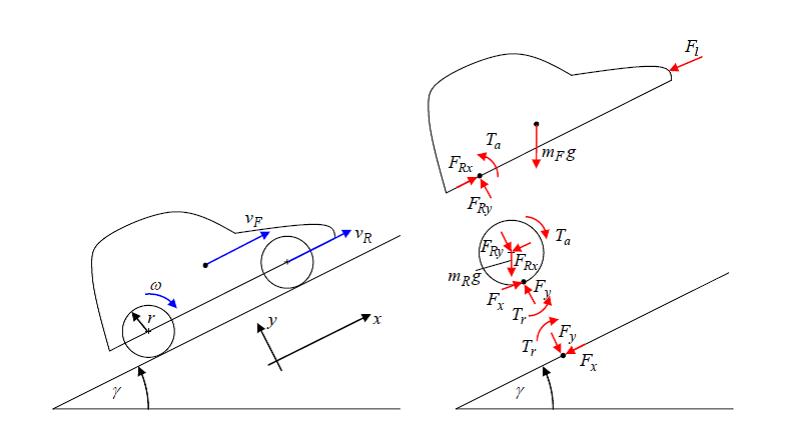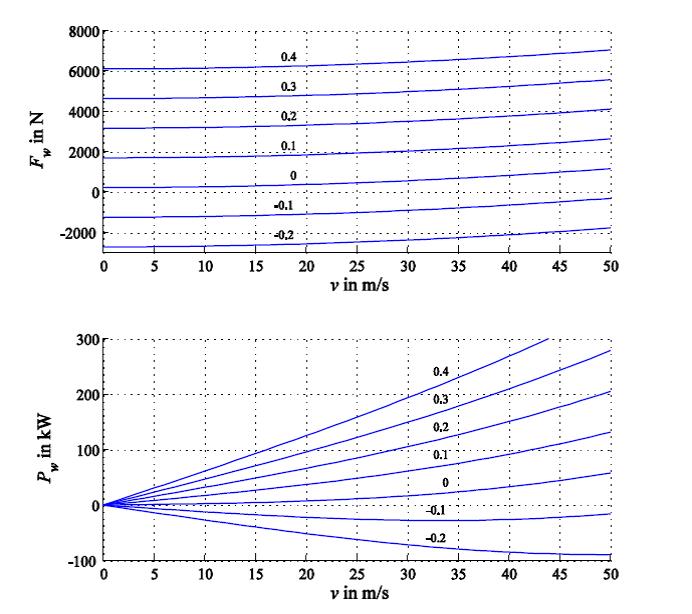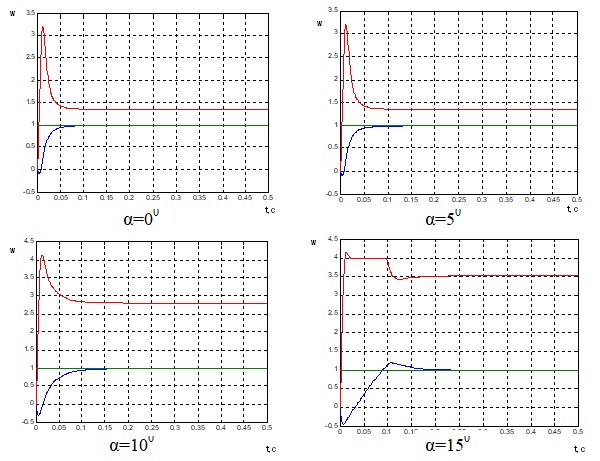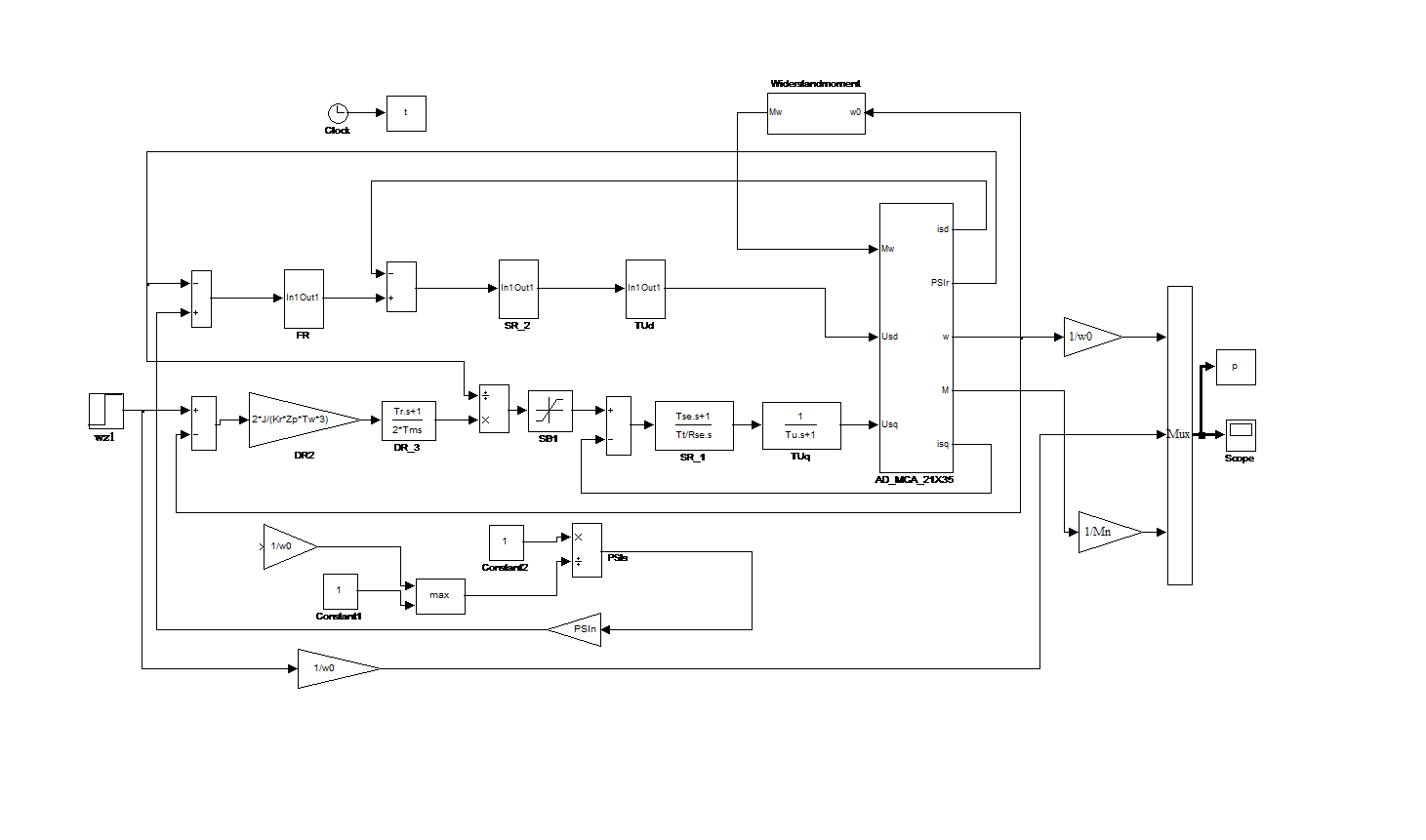Research of electric car system drive
Content
- Introduction
- 1. Relevance of the topic
- 2. Purpose and objectives of the study
- 3.Overview of the work
- 3.1.Kinematics of electric vehicle
- 3.2.Modeling of the electric drive system
- Сonclusions
- List of sources
Introduction
Road transport is now, of course, an integral part of the life of the population. It is the most convenient, fast enough and the most widespread way of movement. And moreover, it is the most popular transport in almost all spheres. There are a number of shortcomings of this transport– causing high environmental damage to the environment. Pollution of the environment by this mode of transport occurs at all stages of its production, in the process of operation, in processing both the cars themselves, and fuel, oils, etc. In the process of operation, a large amount of gases, nitrogen oxides and sulfur are emitted into the atmosphere, which, in turn, have a detrimental effect on the environment. Cars produce up to 70% of harmful emissions into the atmosphere. On average, emissions of pollutants into the ecosphere from vehicles each year are increased by 3.1%. An important factor is the high cost of cars running on gasoline. The presence of all these shortcomings led to the need to create and improve new cars, which, first of all, will be more environmentally friendly and less expensive. Recently, more and more often talking about electric vehicles, which, in the near future, will replace cars with an internal combustion engine. An electric vehicle is a vehicle that drives itself not by an internal combustion engine, but by an electric motor. It is charged both from batteries and from the home network. Moreover, in electric vehicles there is no gearbox, due to the shaft connection directly to the wheels. [1]
1. Relevance of the topic
The electric drive is an important part of the electric vehicle, therefore the analysis of drive systems of an electric vehicle. important criteria for the future selection of system components.
2. Purpose and objectives of the study
Purpose of work – analysis of electric drive systems, simulation of the electric drive drive system in Matlab Simulink, making a forecast about the future drive of an electric vehicle, obtaining abstract information. In this paper, the systems of the electric drive on a synchronous and asynchronous motor will be considered.
3.Overview of the work
3.1.Kinematics of electric vehicle
Car interacts with different forces that affect the behavior of the electric drive. Among these forces, the aerodynamic resistance Fl, parts of the weight forces FgF and FgR, acting in the direction of motion, the contact force between the wheel and the ground in the direction of travel Fx and the rolling resistance, which is simplified as the moment Tr at the point of contact with the wheel.

Figure 1 – Force and torque acting on the vehicle
The dynamics of the vehicle is reduced to the following equations:
FRx – the force of interaction between the wheel and the chassis in the direction of travel, Ta – the torque acting on the wheel. The model is simplified if we assume that all driving wheels behave identically. They are summarized only in general terms with full inertia of rotation. If necessary, you can think of other rotating components (shafts, gears) drives. In addition to the dynamic equations, it is necessary to take into account the kinematic equations. The car and the wheel move at the same speed, so
Thus, it is possible to transform two translational dynamic equations

The torque and the torque of the rolling friction resistance can be converted into the corresponding imaginary forces:
This leads to a system of equations
Assuming that the wheel has an ideal slippage
Result in the equations of motion of the entire vehicle
Force
also called impedance. Thus, the equation of motion obtains a particularly simple form
and


In the stationary state
In addition, the balance of forces in the v direction provides the normal force of the contact point of the wheel
The dependence of the resistance force on the speed is shown in Fig. 2.
For the involved forces and torques, the following assumptions can be found [9]
drag
rolling resistance

the weight
where,
pl – specific air density
AF – the effective cross-sectional area of the vehicle AB
cw – coefficient of aerodynamic resistance
cr – coefficient of rolling resistance
Fl – aerodynamic resistance
g – acceleration of gravity
γ – tilt angle

Figure 2 – Dependence of the force of resistance and power on the speed for the vehicle with m = 1500 кg, cw = 0,3, A = 2m2, cr = 0,015
3.2.Modeling of the electric drive system
In this model, the angle of inclination and speed are changed. Transients are shown in Figure 3. With the help of this model it is possible to observe the process of motion of a design electric vehicle. Figure 3 shows that the path angle is significantly affected by transients. As the angle of inclination of the path increases, motor torque also increases.

Figure 3 – Transient processes of angular velocity and torque, depending on the angle of inclination of the track path a

Figure 4 – Model of electric drive system for electric vehicle in Simulink
In Fig. 5 is a schematic diagram of an electric vehicle drive system including a battery, a frequency converter, a motor wheel. [10]

Figure 5 – Electric vehicle drive system
Сonclusions
In this essay, important aspects of future master's work were considered. The history of the development of the electric vehicle, the components of the electric drive system, the kinematics of motion, the model used were described. The batteries of the electric vehicle and the system from charging are considered.
When writing this essay, the master's work is not yet complete. Final completion: June 2018. Full text of the work and materials on the topic can be obtained from the author or his supervisor after the indicated date.
List of sources
- Ю.А. Хегай/Перспективы развития электромобилей и автомобилей-гибридов//Теория и практика общественного развития – 2014 – №20)
- О.Ю. Карямян,К.А. Чебанов,Ж.А. Соловьева/Электромобиль и перспективы развития//Фундаментальные исследования – 2015 – №12)
- Ю. В. Трескова/Электромобили и экология. Перспективы использования электромобилей // Молодой ученый. – 2016. – №12. – С. 563–565.
- Электромобили – история и современность.//HUMAN – Режим доступа [http://human.ucoz.com]
- Зарядка электромобиля: где и как правильно “заправлять” электрокар, особенности домашних зарядных устройств//ЭкоТехника – Режим доступа [https://ecotechnica.com.ua]
- Типы аккумуляторных батарей для электромобилей//Информационный ресурс энергетики Ukrelektrik – Режим доступа [http://ukrelektrik.com]
- "Сердце" электромобиля//ekoWheel – Режим доступа [http://ekowheel.com]
- Двигатель электромобиля – разновидности и принцип работы//HEvCars – Режим доступа [https://hevcars.com.ua]
- J. Bocker Ph.D/Antriebe fur umweltfreundliche Fahrzeuge//Universitat Paderborn –2016 – S. 8–13
- M. Schwingshackl/Simulation von elektrischen Fahrzeugkonzepten fur PKW//TU Graz – 2009
